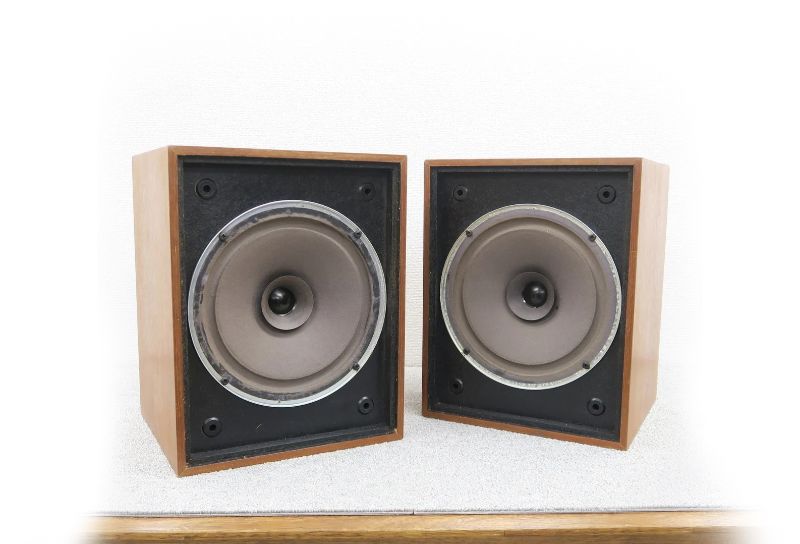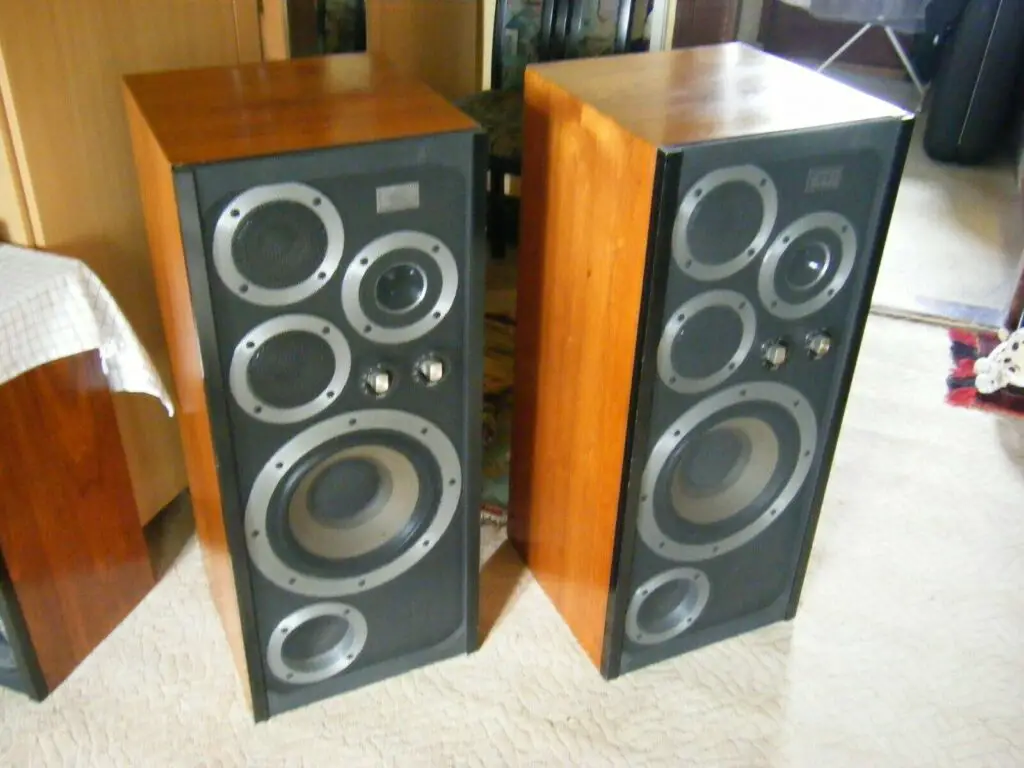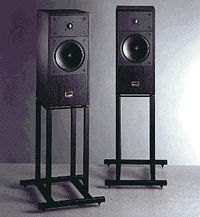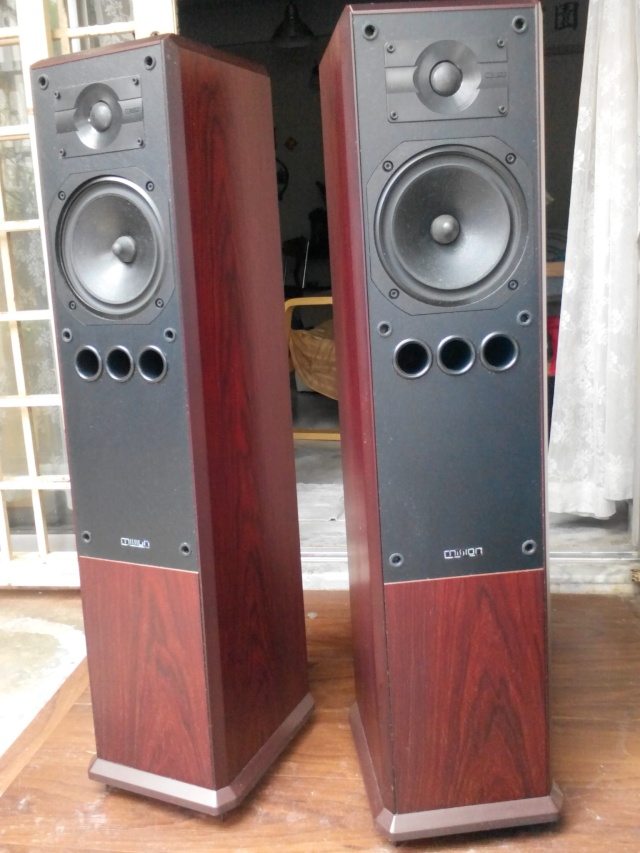The audio ability of a loudspeaker is inversely proportional to its aesthetic beauty, according to one of the universal principles of hi-fi. True, the Holy hi-fi provider has allowed an unique exception to this rule for a few high-end panel speakers, but other from that, it appears to apply to practically everything. So when I originally opened this small box a year or so ago, I expected it to make a pig noise. Simply put, it looks great, and I can’t think of another £800 mini-monitor that comes close in terms of design and finish. The centerpiece is a 130mm ‘rose gold’ magnesium/aluminum mid/bass driver that reminds those who have forgotten what a lovely color copper is – since the KEF comes very close. A 25mm aluminium high frequency driver is installed into this, as is customary with the company’s Uni-Q loudspeakers; the aim is to create a ‘point source,’ where the sound originates from the same location in space, regardless of whether it is treble, midrange, or bass. The two drivers cross over at a frequency of 2.2Hz, which is quite conditional.
Even if the cabinet was averagely finished, the LS50 would not look the part, which is why it has been given an impeccable piano black lacquer finish; its surface resembles a perfectly calm pond and appears to be semi-translucent glass. The front baffle has a little curve that breaks up the boxiness, and the enclosure is composed of an unique polyester resin with glass fibre and calcium carbonate. It’s incredibly sturdy, weighing in at 7.2kg, which is respectable but not exceptional. The box, which measures 302x200x278mm and has a standard rear-mounted reflex port, is small-to-medium in size but not particularly compact. Because the KEF boasts an 85dB sensitivity, you’ll need a powerful solid-state amplifier — at least 50W RMS per channel. The frequency response is quoted as 79Hz-28kHz (+/-3dB), which is adequate for a box this size.
Despite my biggest fears, the LS50 turns out to be a fantastic performer. Surprisingly, you can plainly hear its flaws, but KEF engineers have worked around them, and the result is that they never intrude or detract from what is otherwise a fantastic loudspeaker. First, the bad news: the box is not inaudible. There’s a small coloring in the bass, nothing severe, but there’s clearly some overhang on forceful transients, which continues into the midband. In the end, the speaker will need to be more stiff and braced, but this will cost more money, resulting in a higher price. The other issue is the reflex port, which is always present with any ported box like a dull toothache; try an infinite baffle Spendor D1 (at twice the price) and you’ll hear the LS50’s reflex loading giving a somewhat softer and plummier bass than you’d expect. Finally, the drive units aren’t invisible, as we’ll see later…
Nonetheless, none of this detracts from the KEF’s excellent sound. You adore her despite her flaws, just like a special girlfriend. This speaker has a natural musicality to it that is extremely rare at this price point, or even anywhere close to it, and it allows the listener to forget he or she is listening to a loudspeaker. It’s all too easy to get lost in the music, and it’s a genuinely immersive experience. Part of this is due to the KEF’s outstanding sound staging, which projects parts from the mix into space like a laser blazing patterns across the night sky. It’s so large, so confident, and so out-of-the-box. Everything appears to be light, nimble, and rhythmically appealing. The LS50 boasts superb soundstage and depth perspective, thanks to that Uni-Q array, no doubt.
Tonally, it’s a crisp and spry speaker; the upper bass has a hint of warmth (there’s little lower bass), but moving up into the midband, you get a clean, delicate, and finely etched sound, great for carrying the dazzling transients of strummed steel string guitars, for example, but clean and even with edgy female vocals. The upper presence reason has a smidgeon of extra daylight, which works well with the warmish bass to create a bright, vivid, yet heavy sound. The treble is good, with a lovely gloss to the cymbals; few £800 designs have finer HF units, however it’s no match for the JET tweeters in ELACs, for example, or other similar exotic designs. Everything sounds consistent and complete, resulting in a well-voiced loudspeaker that is detailed and couth throughout a wide range of musical genres.
The LS50 from KEF is a fantastic tiny loudspeaker. It’s not the best box on the market, but it sounds considerably better than it should for the price, and it’s also nicely constructed and decorated. It’s an especially strong offering for this old manufacturer, and a fitting model for its fiftieth anniversary celebration.







